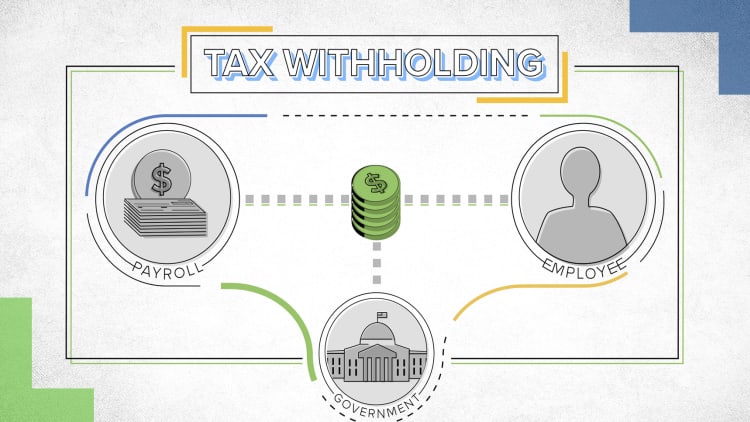Republican Sen. Pat Toomey of Pennsylvania has called it a "breathtakingly terrible idea," and he is absolutely, 100 percent right.
Sen. Ron Wyden, D-Ore., has proposed a so-called mark-to-market version of the capital gains tax. Put more simply, investors would pay capital gains taxes each and every year in which their assets go up in value, instead of only when they are sold.
This tax on unrealized gains would be not only difficult to implement but also could devastate markets, especially liquid markets, where stocks, bonds and commodities trade.
The annual tax would also apply to illiquid investments like the value of a private company, real estate and other complex investments.
This means that every year, these assets need to be revalued to determine if their worth went up or down (you can write off the estimated loss if the value of the company, or real estate, fell), but this means annual appraisals for essentially every investment you own.
Actually, this is beyond "breathtakingly terrible."
Imagine starting a business and having to value that start-up every year. If the value of your business goes up by $1,000, you'd have to pay capital gains taxes, even though the business is just growing but nowhere near stable or successful.
And what army of accountants, appraisers and analysts will be required to do the necessary work on valuing the illiquid investments, private companies, stock options and other investments to assure timely compliance?
This is yet another full-employment act for accountants, tax attorneys and others who would then create a wide variety of tax avoidance schemes forged from whatever loopholes may arise from new legislation.
Further, unless one is a trader and not an investor (short term versus long term), this idea will add unnecessary volatility to the financial markets and cause pockets of weakness in them when it comes time to pay the piper each and every year.
The proceeds to pay taxes have to come from somewhere, and no investor will take out loans to pay taxes. They will sell stocks and bonds, thereby creating a season of tax harvesting that will depress prices as the bills come due.
There are a host of tax loopholes that could and should be closed in areas like commercial real estate. Professional investors use something called a 1031 exchange to shield their gains from being paid. After they sell a building, they buy another of equal, or greater value, to avoid paying gains on the original investment. Reasonable people could agree that those taxes should be paid upon sale.
Getting rid of so-called carried interest would raise taxes on alternative investment managers who can defer their gains nearly in perpetuity, though less so than in the past. (This particular issue raises far less in revenue than many imagine, however.)
Thankfully, principal residences and 401(K)s would be excluded. Imagine the nightmare taxing those assets would have created if they were "marked-to-market" and taxed every year.
Having a lower capital gains rate on long-term investments creates incentives for individuals to raise public or private capital, to build businesses, profit from their long-term growth and create jobs in the process.
This tax proposal not only takes away those incentives, it adds enormous complexity to a code that is already mind-numbingly incomprehensible.
Short-term capital gains are already taxed at ordinary rates. Some investment loopholes can be closed. But marking one's assets to market, all of them, every year, is an idea whose time has never come — and never will.



